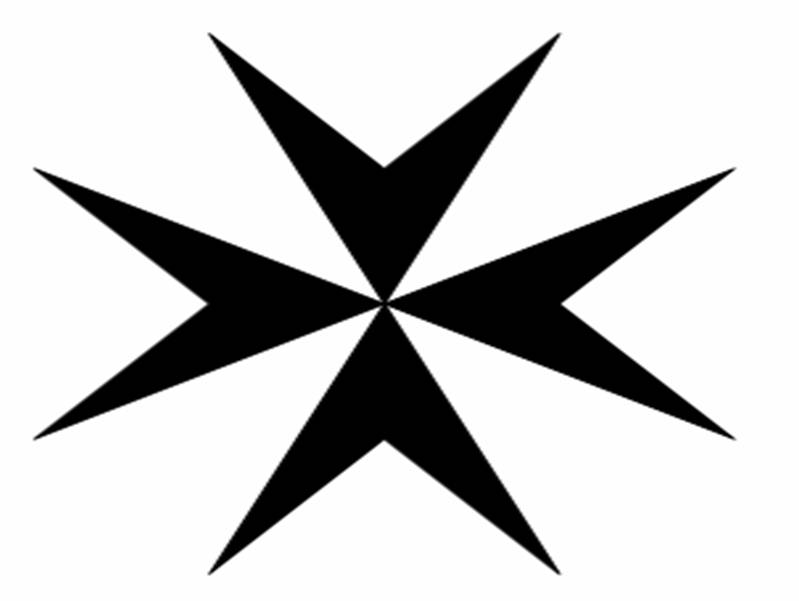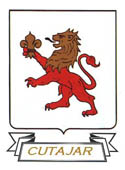





By Ray Cutajar
|
|
When Joseph went to border school at St.Aloysius College, his religious vocation continued to grow. In those days, life was very hard for most Maltese: wages were low, social assistance was inexistent, and poverty, ignorance and suffering were the social norm. Families were generally large, with children mostly born a year of so after each other (in the Scalpello family, six children were born in the space of about seven years). Infant deaths were frequent; begging was a way of life for many people and paupers used to line the Valletta city gates and streets. Only the very lucky received any schooling and illiteracy was widespread.
The people's religious education depended exclusively on the clergy, most of whom followed an austere rigidity of thought. A slight straying from ancient traditional belief and customs would be considered a scandal. Mass was said in Latin. This made religion less understood, more mysterious and awesome. Whatever the priests said was considered and accepted as law by most of the blindly obedient flock. Unfortunately, some priests may have taken advantage of this mentality to manipulate some people's decisions. Young Joseph Scalpello used to reflect on this state of affairs and he hoped that some day he would be able to help the Maltese through his priesthood. He realised how lucky his family had been to find a substitute mainstay after his father's death. He pitied the less fortunate, whom he hoped to assist one day. As it turned out, some people were eventually to force him to direct his generous feelings elsewhere. Joseph's mother continued to take care of both her family and of Francis Casha's business. Mr.Casha had remained a bachelor and his mother Giovanna had died. He was rather getting on in years and one day in 1917 he proposed to Mrs Scalpello. She had become infinitely grateful towards him for supporting her family and felt that she loved him enough to marry him. However, as Casha was her father's cousin, she had a feeling that the Church might not permit such a marriage. So Antonia went to her confessor, a Franciscan monk at the Valletta priory. He totally opposed her idea, and insisted that marrying a relative, even a rather distant one, was not permissible. Antonia did not dare to venture further. Francis Casha could not understand her refusal. How could she refuse his wealth, when the island was scourged with poverty? Some months later, Casha became terminally ill and was hospitalised at the Blue Sisters Hospital in St.Julians. On 26 May 1918 Notary Carlo Micallef De Caro went to Casha's bedside to prepare his will. Though still deeply hurt by Antonia's rejection, Casha bequeated a handsome part of his estate to Antonia, including the large house at Prince of Wales Road in Sliema, where the Scalpello family later moved from their rented house in the same street. |
